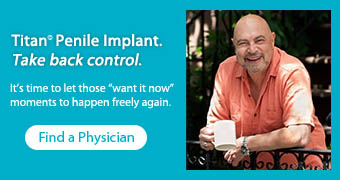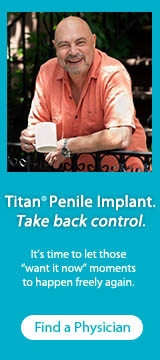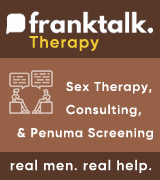March 16, 2015
Studies Suggest Testosterone Therapy Poses No CV Risk in Men
Studies Suggest Testosterone Therapy Poses No CV Risk in Men
Data from a meta-analysis and an observational study suggest testosterone therapy is not associated with cardiovascular (CV) events in men, challenging earlier research that spurred the FDA to examine the safety of the treatment.
The two studies were presented at the American College of Cardiology (ACC) Scientific Sessions 2015 in San Diego.
Pawan Patel, MD, of Regions Hospital in St. Paul, Minnesota, and colleagues conducted the meta-analysis to better understand whether testosterone therapy puts men at greater risk for CV events. The analysis involved 29 heterogeneous studies featuring 122,889 men. Recent studies indicating an association between testosterone therapy and adverse CV events were included.
Dr. Patel and colleagues found that testosterone therapy did not significantly increase the risk for CV events in men (RR=1.168; CI, 0.794-1.718; P=.431).
“With an aging population and more and more men needing testosterone therapy, it is important to better understand its potential effect on cardiovascular health,” Dr. Patel said in a press release. “Our analysis ... gives hope that we can do more with testosterone therapy.”
Arshad Jahangir, MD, Zuber Ali, MD, and colleagues from Aurora Health Care in Wisconsin, found similar results in a study involving their community-based health care system.
The observational analysis included 7,245 men (mean age, 54 years) who had low testosterone levels (<300 ng/dL) between 2007 and 2013.
At 3-year follow-up, the CV event rate — a composite of acute myocardial infarction, stroke and death — was 5.5% in the treated arm and 6.7% in the untreated arm. After adjustment for age, prior myocardial infarction or stroke, cholesterol levels, smoking status and follow-up length, there was no difference in CV event rates between groups.
“The reassurance we get from this analysis in the community setting is that testosterone replacement therapy in patients with low serum levels is not causing any harm, even if it is not providing much cardiovascular benefit [in this patient population],” Dr. Jahangir said in the release.
“In the absence of prospective data, I think studies like ours will help ease anxieties around this treatment and provide some information on which physicians can base their prescribing decisions.”
Because of these results, Dr. Jahangir said that it is critical for physicians to continue to aggressively manage established patients' CV disease risk factors, since testosterone therapy may not have an effect. He also said an analysis to determine the role of testosterone therapy on metabolic parameters and bone fractures is currently ongoing.
References
1.Patel P et al. Abstract 1195-376.
2.Zuber A et al. Abstract 1126M-13. Both presented at: American College of Cardiology (ACC) 64th Annual Scientific Session & Expo; March 14-16, 2015; San Diego.
0
Testosterone latest studies...no CV
Return to “General Discussion”
Who is online
Users browsing this forum: No registered users and 17 guests






